|
11/21/2022 How to Facilitate District-Wide, Teacher-Led Curriculum Development with Dr. Steven WeberRead Now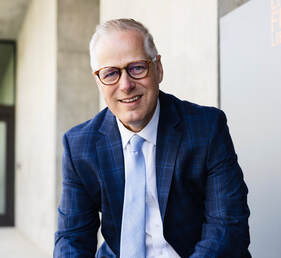
Listen to the episode by clicking the link to your preferred podcast platform below:
Curriculum is part of every classroom, every grade level, and every subject matter. It’s key importance to the field of teaching and education demands we’re always checking in and asking: how is our curriculum serving and supporting students? In his role as the Associate Superintendent of Teaching and Learning with Fayetteville Public Schools, Dr. Steven Weber is continually asking just this. Through an extensive curriculum development project, he’s asking: is our curriculum relevant for students today? We chatted about this and other topics on episode 95 of the Time for Teachership podcast. Here’s some of the key takeaways from our conversation. Knowledge Transfer, not Compliance Dr. Weber’s big dream for education is that we could return to the joy of learning, and that it would be marked by knowledge transfer and not mere compliance. Knowledge transfer is when students learn curriculum that’s relevant and can apply it to other areas of life, both presently and in the future. This differs from compliance-style education—finish an assignment, check a box, and move to the next grade. There are two key values that support this concept:
Teacher-Led Curriculum Development Dr. Weber believes, and has seen in practice, a high level of engagement by creating curriculum task forces. His district is currently completing a multi-year project to produce relevant, teacher-led curriculum for all grade levels. Their project is designed on a few principles:
How to Teach Current Events Current events are more relevant in the classroom than ever before because students are more connected to the broader world than ever before. And while they’re important and necessary to talk about, it can be tough to do. With that in mind, Dr. Weber had a few ideas on how to make current events part of your curriculum:
Quotes:
0 Comments
Listen to the episode by clicking the link to your preferred podcast platform below: No matter how long you’ve been teaching, curriculum design requires ongoing growth and development. Creating relevant and impactful curriculum that hits learning targets is no easy task! But if we want to truly set up our students for success in this world, it’s a necessary one. To help make this process a bit simpler, I’ve pulled together seven resources to support justice-based curriculum design. Some are pre-determined projects while others are resource banks to pull from. Either way, they’re designed to help you build curriculum that gets students to think, engage, and learn through a justice-focused lens. I elaborate on all of these resources on episode 94 of the Time for Teachership podcast, so if you want the full run-down, have a listen! 7 Resources for Justice-Based Curriculum Design There are two categories within this list of resources. The first three are specific project-based curriculum ideas that are designed to bring learning outside of the classroom. The last four are text libraries for you to access justice-centered and justice-focused resources for your classroom. 1. KQED Call for Change Youth Media Challenge What is it? This project is designed to amplify student voices around relevant current events. Students are invited to create a 1-3-minute video or audio project about a prompt of their choosing. There are clear standards, rubrics, and resources for teachers to use as well. All student submissions are published online, and some submissions are shared on KQED or NPR—a huge potential audience to amplify student voices! More details: www.learn.kqed.org/challenges 2. CSPAN StudentCam What is it? This is a similar project-based curriculum idea to the first one. Students from grades 6-12 are invited to submit a 5–6-minute video documentary on a topic that relates to this theme: If you were a newly elected member of Congress, which issue would be your first priority and why? This competition offers cash prizes to the top 150 documentaries, totaling $100,000. It’s a great way to get engaged in current events with real-life impact and some cash incentive. More details: www.studentcam.org 3. Learning for Justice: Do Something What is it? Learning for Justice has compiled 34 different performance tasks that are designed to have students demonstrate their anti-bias awareness and civic competency in a real-world context. Tasks range from artistic showcases to a community newsletter to a film festival. Students can pick the medium to demonstrate their knowledge and learning about relevant current events and issues. More details: www.learningforjustice.org/classroom-resources/student-tasks/do-something 4. Learning for Justice What is it? This resource database has over 628 different texts and resources, including social justice standards for all educators to use in their classrooms. The database can be filtered by social justice domain (i.e., race and ethnicity, ability, or religion), grade level, subject, medium, and topic. More details: www.learningforjustice.org 5. Facing History and Ourselves What is it? With nearly 5,000 resources in its collection, the Facing History and Ourselves website is an excellent resource for justice-centered curriculum design. Their content is divided into topics such as democracy and civic engagement, justice and human rights, global immigration, bullying and ostracism, etc. There is also a wide variety of resource types and mediums, including blogs or webinars as well as more common types like books, podcasts, or videos. More information: www.facinghistory.org/resource-library 6. Zinn Education Project What is it? This is an excellent resource to access teaching materials. They’re divided into three options—time period (i.e., colonization, civil war era, cold war, present day), theme (climate justice, African American art and music, food, labor, Latinx, LGBTQ, math, sports), or resource type (books, film clips, photos). More information: www.zinnedproject.org 7. Newsela What is it? This learning platform is a great place to access material on current events and news stories at various reading levels. While not all of it is specifically justice-focused, it provides key texts and materials on relevant, timely issues that you want to discuss in the classroom. More information: www.newsela.org --- Creating justice-focused curriculum can take time and energy, especially for new educators or those who are new to this space. Luckily, there are so many resources out there to help us out! Take a look through each of these in the list and spend some time exploring what they have to offer. Then, consider: what will this look like in my class? For more discussion about these resources, check out episode 94 of the Time for Teachership podcast. Quotes:
If you enjoyed this episode, check out this video for more on curriculum design:11/7/2022 Transforming Curriculum in 3 Years Through a Culture of Coaching and Joy with Chris Chappotin and Alisen AdcockRead NowListen to the episode by clicking the link to your preferred podcast platform below: When you think about education, instruction, or curriculum, what comes to mind? Is fun and joy part of your perception or goals? Is levity, connection, and celebration part of your curriculum and teaching goals? If it’s not, you need to listen to Episode 93 of the Time for Teachership podcast. On it, we hear from Chris Chappotin, Assistant Superintendent for Boyd ISD in Texas, and Alisen Adcock, a middle school principal in the same district. Together we discuss what curriculum design looks like on a three-year plan and how important fun and joy is to the process! We also chatted about developing a culture of coaching for continuous growth and improvement. Three Years of Change In his role as an Assistant Superintendent, Chris has to keep an eye out on the big picture, the big goals. And in his district, that revolves around curriculum instruction and coaching. They’re currently in the third year of a plan that centered on creating engaging learning. Specific focus areas included:
Culture of Coaching Addressing curriculum is a massive undertaking for any district or school because it requires growth and change. For that reason, a culture of coaching is essential to success. Instead of a traditional coaching model where some people are the mentors, some the mentees, a culture of coaching involves everyone. Coaching happens across all levels from teachers up to superintendents—it’s not for a select few. Alisen and Chris spoke to two essential aspects of a culture of coaching:
Bringing Back Joy and Connection Underlying anything related to curriculum, coaching, or other aspects of teaching and education is this simple reminder from Chris: this work is about people. It’s easy to get caught up in the day-to-day tasks and responsibilities, but education is a relational field. Relationships between educators, students, and leaders should be at the forefront of everything we do. Two ways to prioritize people and relationships:
By prioritizing small steps and changes, we can collectively move towards relationship-centered education, built on a culture of coaching, and infused with joy. Check out the full conversation with Chris Chappotin and Alisen Adcock on episode 93 of the Time for Teachership podcast. You can also connect with Chris on Twitter and Instagram at @chris_chappotin and Alisen on Twitter at @TexanMath1. Quotes:
|
Details
For transcripts of episodes (and the option to search for terms in transcripts), click here!
Time for Teachership is now a proud member of the...AuthorLindsay Lyons (she/her) is an educational justice coach who works with teachers and school leaders to inspire educational innovation for racial and gender justice, design curricula grounded in student voice, and build capacity for shared leadership. Lindsay taught in NYC public schools, holds a PhD in Leadership and Change, and is the founder of the educational blog and podcast, Time for Teachership. Archives
May 2024
Categories |
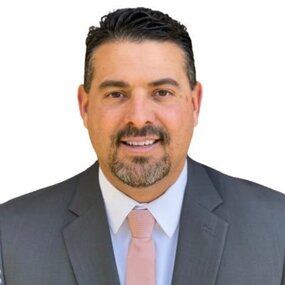
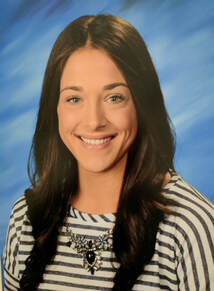
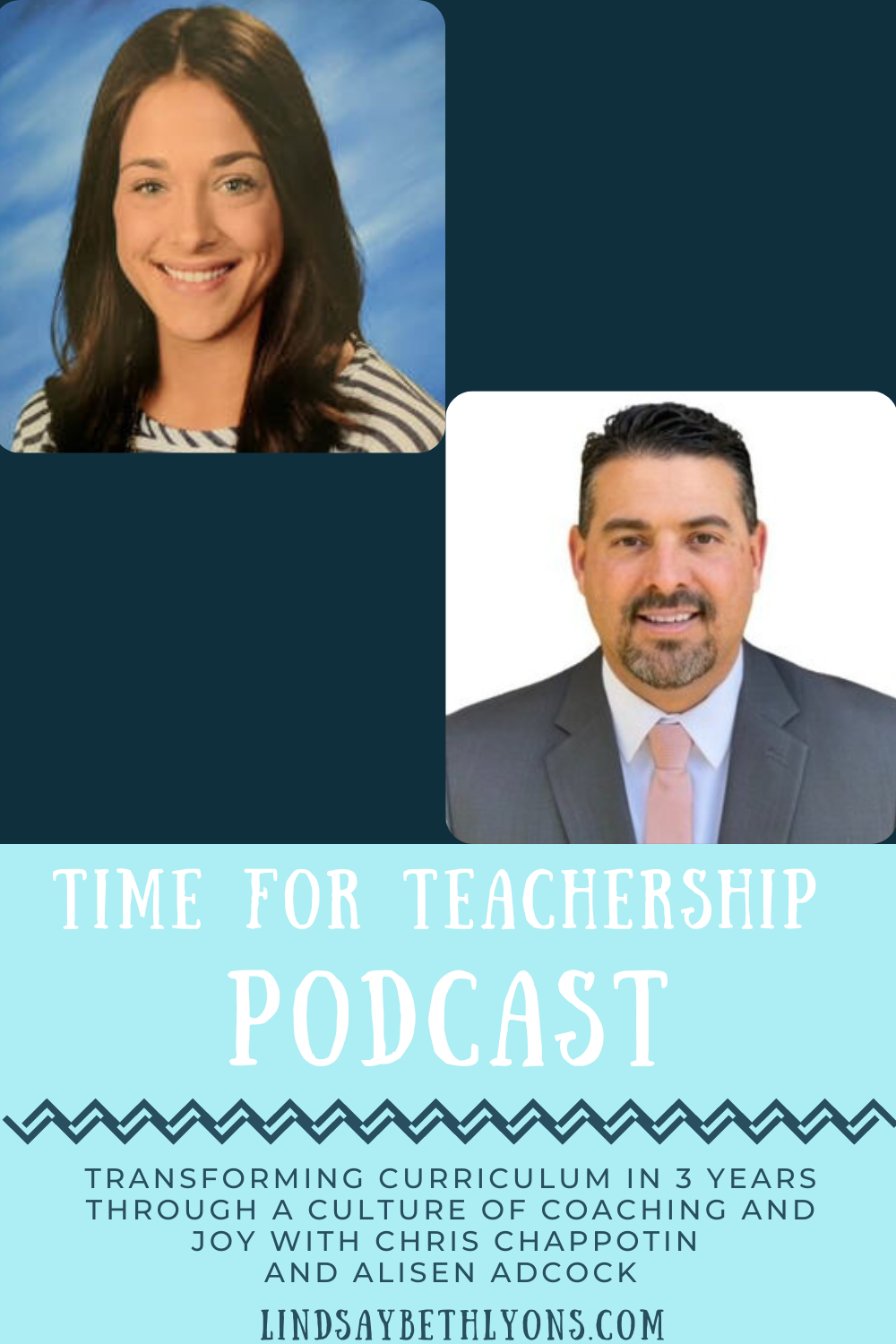
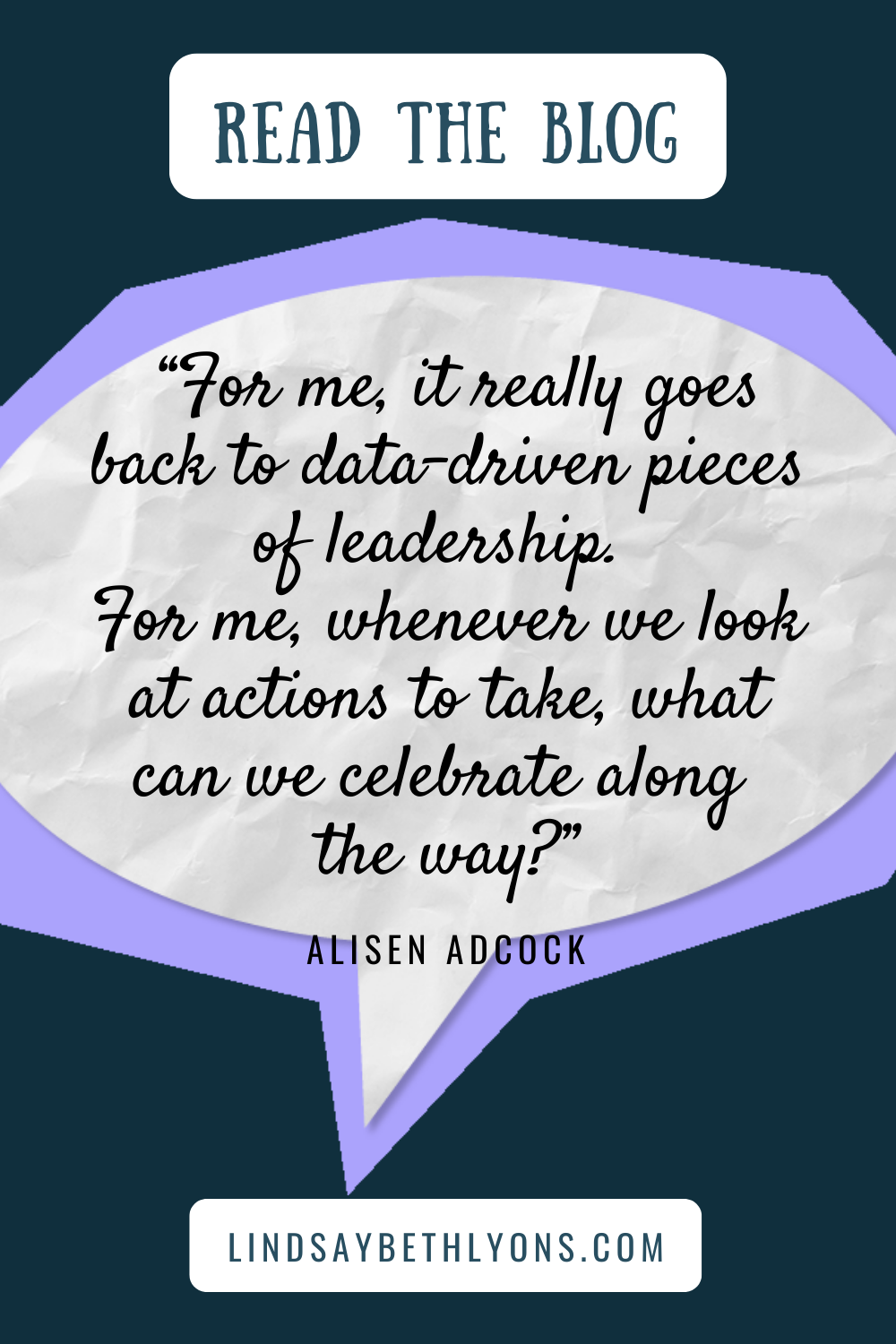
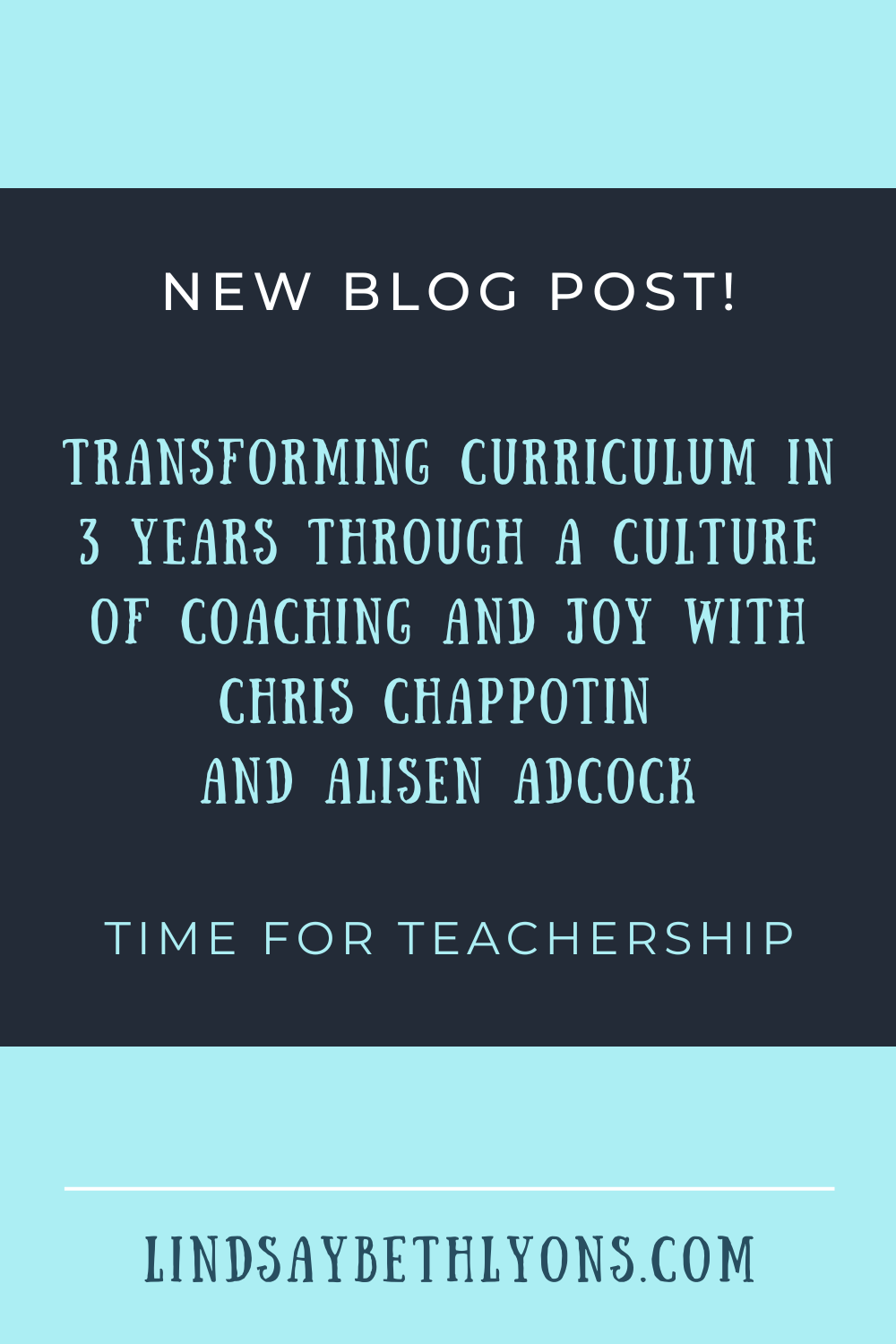

 RSS Feed
RSS Feed